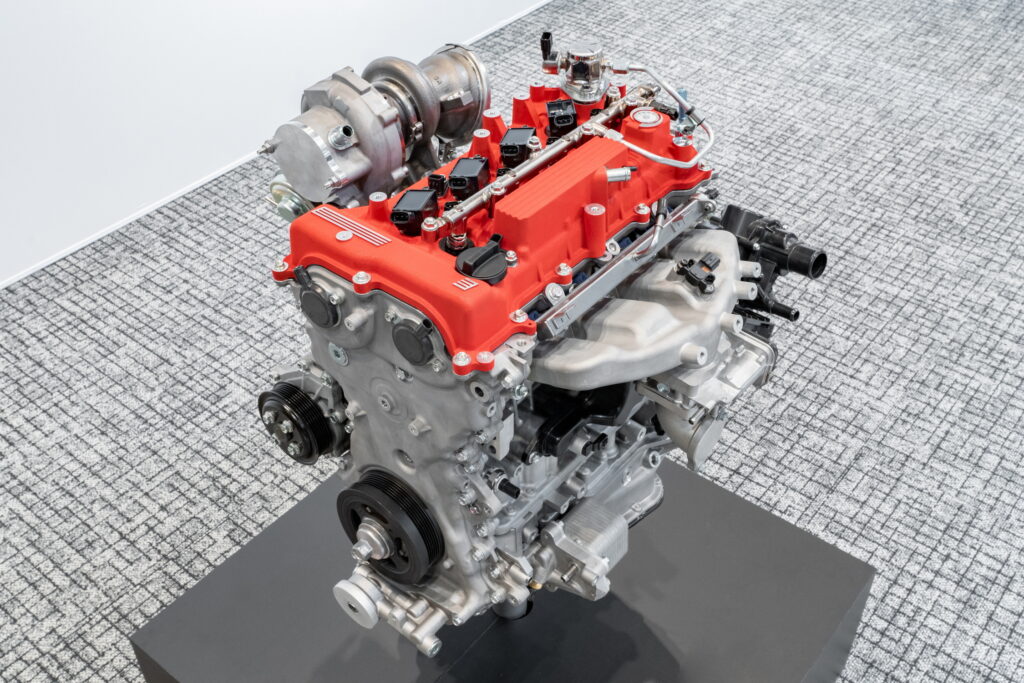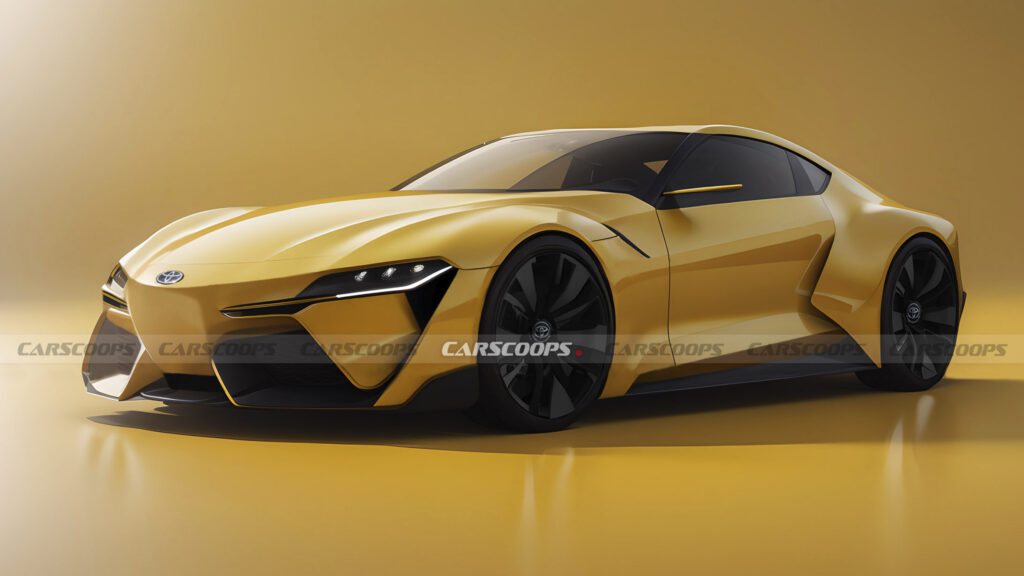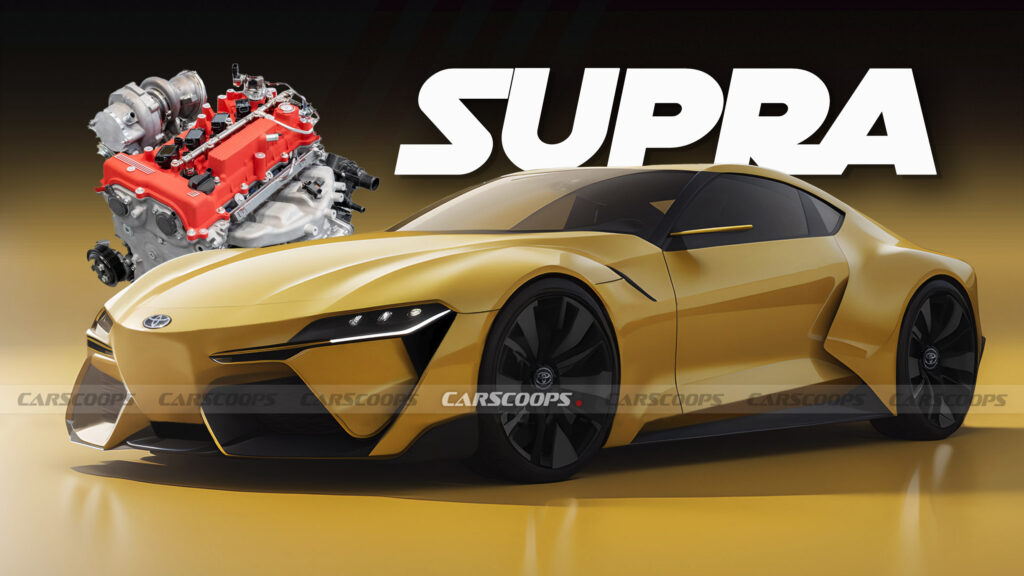- The sixth-gen Supra will reportedly pack a turbocharged 2.0-liter four-cylinder engine.
- The new Toyota-developed powertrain could be paired with a hybrid system.
- Toyota has confirmed it is working on a new Supra, but hasn’t set a debut date.
The fifth-generation Toyota GR Supra is nearing the end of its production run, with the beefed-up A90 Final Edition marking the close of its relatively short five-year lifecycle. But don’t panic as Toyota has already confirmed that a successor is in the works, and the latest rumors suggest that it will feature a turbocharged 2.0-liter four-cylinder engine, likely paired with a hybrid system.
From Electric Dream to Hybrid Reality
Originally, the sixth-gen Supra was expected to go fully electric, but it seems Toyota’s “multi-pathway” strategy has taken center stage. Last year, reports emerged claiming that Toyota would offer both internal combustion engine (ICE) and electric vehicle (EV) powertrains. Other rumors also pointed to a BMW-sourced engine, reportedly designed for compatibility with carbon-neutral fuels.
More: Toyota Officially Confirms Celica’s Return
Now, according to Japan’s Best Car, it seems the most likely scenario for the next generation Supra is one powered entirely by a Toyota-developed powertrain with no BMW parts in sight. The upcoming turbocharged 2.0-liter four-cylinder engine, announced in May 2024, will likely play a key role, especially if paired with some form of electrification to boost output while keeping fuel economy and emissions in check.
Turbocharged and Electrified

The newly-developed 2.0-liter engine will likely find its way under the hood of the reborn eight-gen Toyota Celica, and in its high-performance configuration is expected to produce up to 400 hp (298 kW / 406 PS) and 500 Nm (369 lb-ft) of torque in non-electrified guise.
The addition of a hybrid system could push the performance envelope further, potentially surpassing the 429 hp (320 kW / 435 PS) of the current turbo 3.0-liter six-cylinder found in the A90 Final Edition. However, it likely won’t match the aural appeal—or the tuning potential—of BMW’s lauded straight-six.
Importantly, this engine has been designed with future-proofing in mind, as it’s compatible with both electrification and carbon-neutral fuels, offering flexibility for Toyota’s engineers depending on regional regulations and market demand. The racing variant of the engine could even generate a staggering 592 hp (441 kW / 600 PS), underlining the Supra’s motorsport potential.
Transmission Options
The self-charging hybrid system is said to incorporate a motor-generator paired with a clutch situated between the engine and the gearbox. As for transmission options, the latest rumors suggest an eight-speed or ten-speed automatic could be in development, though Toyota has also been experimenting with simulated manual gearboxes to compensate for the absence of a traditional stick shift—yes, we know, it’s a bummer.
More: Toyota To Debut Manual Gearbox For EVs In 2026
It’s safe to assume the next-gen GR Supra will remain a rear-wheel-drive (RWD) vehicle, while the reborn Celica could opt for an all-wheel-drive (AWD) setup.
Chassis and Design: A Fresh Look
Alongside the hybrid powertrain development, Toyota will also have full control over the exterior styling and chassis tuning of the new GR Supra. Early renderings point to an evolutionary design, retaining much of the current model’s aesthetic, but with sharper lines, more aggressive proportions, and a more dynamic stance overall.
More: Did Toyota Just Reveal Its Future GR Sports Car Lineup In An Anime Series?
In any case, Toyota Gazoo Racing fans have plenty of reasons to be optimistic about the future, as the company recently hinted at an expanded sports car lineup. A teaser in Toyota’s GRIP anime series suggests that the automaker is working on new generations of the Supra, Celica, MR2, and GR 86 sports cars, alongside a mysterious GR GT3 supercar.
When Can We Expect the New Supra?
According to Best Car, the sixth-generation Toyota GR Supra is expected to arrive in 2027. However, with the A90’s production wrapping up in 2025, we wouldn’t be surprised if the new model hits the market in 2026. Of course, a lot will depend on Toyota’s strategy for introducing other sports cars to fill the gap until then.





